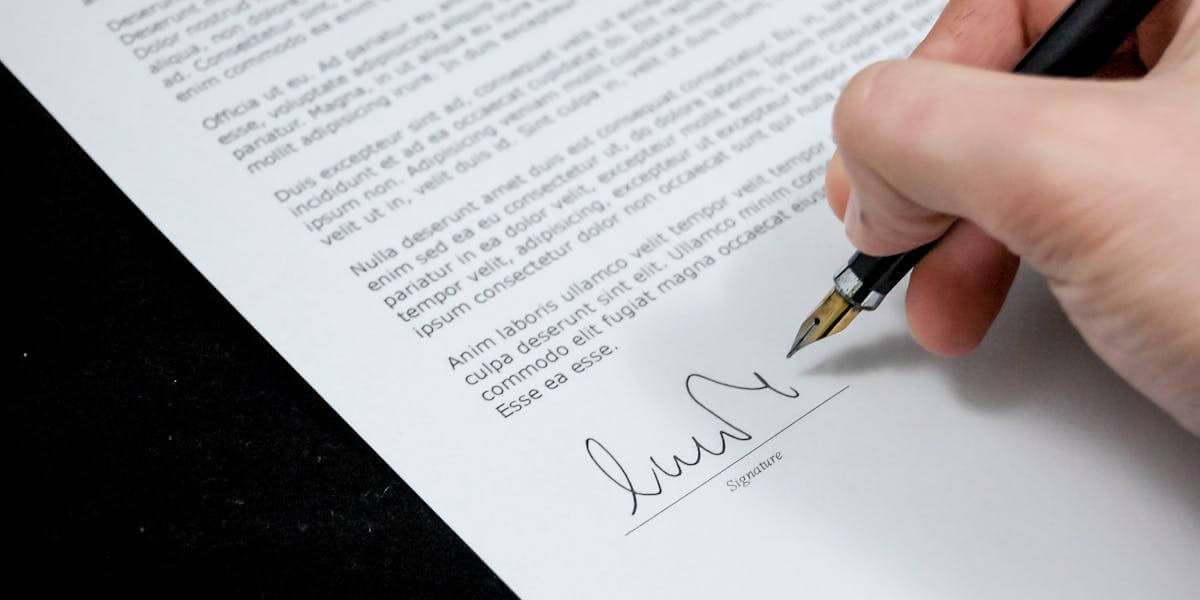As the world begins to open back up from the COVID restrictions, many people are wondering how that correlates to international travel. While the United States has designated approximately 80% of the world as “do not travel” pursuant to the recent Travel Advisories , the TSA has noticed a daily increase of over one million travelers. This is still less than pre-pandemic levels, but it is an increasing trend. Many people—whether it be for business or vacation—are starting to travel more. These travelers are facing the new normal of travel – they may end up with cancellations, delays, or end up being denied entry when arriving at other countries. If you are going to consider traveling in the summer, here are three main tips to help make sure that you not only stay safe, but also have your travel plans secure.
To view our Immigration Law services page, click here.
1. Check your documents
It has been over a year since we have seen travel numbers in the millions and as people start to become more comfortable with traveling, they are coming to the realization that many of their travel documents may have expired. From things like passports to visas, make sure you double check their validity. For US citizens, if your passport’s issue date was more than ten years ago you will need to get it updated. Also, if you were under sixteen when you originally acquired your passport, it was only valid for five years. Make sure to double check all passports before deciding on traveling.
Furthermore, if your documentation is out of date, make sure you act quickly to get it updated. In order to get a U.S. passport, it could take anywhere from a few weeks to a few months to get it processed. According to travel.state.gov, for a routine passport issuance it could take anywhere from 10-12 weeks. For routine renewals they estimate around 8 to 12 weeks. While these processes can be expedited, the Department of State has severely limited urgent and emergency expedites. There are a very limited number of life or death 72-hour passport renewals available. Accordingly, it is better to take action sooner rather than later so you don’t end up missing or having to cancel your travel plans. It is important to remember that you aren’t alone in this and as travel begins to open up, expect a lot of people to begin to try and rush through these processes to try and get their documentation squared away. Globally, passport agencies, including the U.S., have been swamped with applications while they themselves are dealing with internal pandemic restrictions. So act now – check your documents and if they are expired or close to expiration consider renewing them immediately.
2. Check your destination
The next tip for making sure your international travel goes smoothly is rather obvious, but often overlooked. Be sure to double check the entry requirements and local rules at your destination. Take note of their different COVID and travel guidelines and restrictions, as many places are still closed or offering limited access amidst the pandemic. Your favorite holiday destination may be a very different place now.
For the United States, there are several rules for international travelers. They are required to wear masks at all times at the airport and on the plane, as well as obtain a negative COVID test within three days of their flight. This test can either be a PCR test (Polymerase Chain Reaction) or an Antigen test (aka rapid test). PCR tests are the “gold standard” when it comes to detecting COVID. However, they usually take around 2-3 days to get the results back, while the Antigen test are reported to have results back within an hour. This is required for all US citizens and LPR’s (green card holders) aged two years and older. This only applies to air travel and for those who are just transiting through the US to another foreign country, there is no need for testing. After traveling, it is suggested that you get tested again within 3-5 days of your flight and that you self-quarantine for at least seven days after travel even with negative results.
The CDC recommends that everyone who is going to travel internationally to wait until they are fully vaccinated to travel. While you still need to wear a mask, if you are vaccinated and have proof, you do not need to get tested before leaving the United States unless your destination requires it- although in practice virtually every destination requires a negative test. Also, you do not need to self-quarantine after arriving in the United States. You should still be aware however that you may need to do pre and/or post arrival tests depending on to the local rules at your destination.
A good rule of thumb to follow is that for most areas, assume you will need to do pre-travel testing. Also, expect to have to pay for your testing as well. The cost can vary from place to place, but it is better to err on the side of caution, then be denied entry. I have seen that certain places that rely on tourism, like the Caribbean, have areas that are more open for general travelers, while other places like the EU are still completely restricted.
3. Remember your time frames for travel
Lastly, when traveling it is important to be flexible with your plans and reservations, as routine services might not be the same in terms of quickness as they were pre-COVID. You may want to consider insurance or the possibility of a lockdown at your travel destination. We have seen many clients frantically call us saying they are stuck in the U.S. or abroad and unable to get home due to sudden changes in local rules or airline operations. Be sure that you have contingencies set in place and know your options to avoid any issues during your summer travels.
While travel numbers increase and as vaccines continue to roll out, be advised that travel will likely not return to normal for quite some time. With routine services being slowed down and each country handling COVID differently, it is important to stay abreast on all breaking developments regarding travel so you stay safe and don’t get stuck.
Michael J. Freestone, a Partner in Tully Rinckey PLLC’s Washington, D.C. office, focuses his practice on business immigration law. Michael’s work includes all types of non‐immigrant petitions, visa and consular issues, employment- and family-based immigrant petitions, adjustment of status applications, and naturalization. He specializes in strategic immigration planning with a focus on long-term strategies, as well as creating robust immigration law compliance programs. He can be reached at info@tullylegal.com or at (202) 787-1900.






